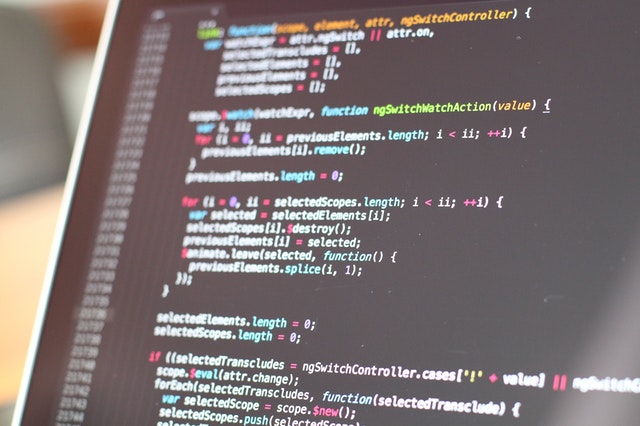As a self-taught developer with zero technical background, I want to share with you the 5 best resources that I’ve found for learning how to code.
Let’s begin.
Here are the 5 best resources I’ve found for learning how to code.
1. Free Code Camp
FreeCodeCamp is an amazing resource for getting started with the web. It was founded by a fellow Oklahoma native, Quincy Larson, who has spent an absurd amount of time and resources making an amazing website to teach people how to code.
I like it because it’s free and it generates a certificate when you complete a module which is a great way to get some excitement behind your learning.
2. Udemy
Udemy is known for having classes that even coding boot camps will copy or down right use in their curriculum. This is the place where I’ve found the most cutting edge content and up to date resources. Best part is, they have a Q&A section for each lecture which means if you’re getting a weird error or are confused by something, chances are someone else has already made the same mistake you did.
Plus, these classes go on sale every month. The courses look expensive at first (many start at about $99 USD) but, if you pay attention and check periodically, they go on sale for as low as $10 sometimes.
Move to Udemy when you’ve mastered some of the basics as I think it’s most helpful when you start getting into the newer and more nuanced technologies like Express, React, PWA’s, Docker, and GraphQL.
Here’s my favorite content creators on Udemy:
3. Book – Web Design with HTML, CSS, JavaScript and jQuery Set
I love this book because it is finite. One thing about this journey is there is literally endless amounts of information you could try to consume even when learning something as seemingly simple as CSS.
This book is well written, easy to understand, and gives you a written version of the building blocks of the web. This was one of the few books I purchased when learning to code.
4. Book – Head First (HTML/CSS, Javascript, etc)
These books are written unlike any other web development book. The examples are great and funny. They use alternative techniques like crossword puzzles to reinforce what you’re learning. You’ll either love these or you’ll hate them so it might be a good idea to go to your local Barnes & Noble to page through before biting the bullet. But this is the book I used for both HTML5 and Javascript.
I would also note that I do not recommend forcing yourself to learn anything you aren’t interested in. For example, the Head First HTML5 book listed above went into HTML5 Canvas pretty in-depth and I had ZERO interest so I just skipped it and never regretted a second.
Here are the amazon links to both of these books:
5. Build Real Things
The absolute fastest way to get up to speed is to complete projects. Don’t watch a 6 hour YouTube video and have nothing to show for it. Follow along in the tutorials. Write every single line of your own code. Then when it’s finished, change the styling, change the purpose, change the name, add a feature. Make it your own and SHOW YOUR WORK. Get it on your Github. Get it on your personal website.
Have something to show for the hours you’re putting in.
One of the mistakes that I made was being in too much of a hurry to move through content, earn a certificate, and tweet about it. But this isn’t like school where you just need to pass the class then never have to remember the content again. This is information you will carry with you and pull from for months and years into the future. Take it slow, take it easy. You want this to stick for the long term.
BONUS
I must admit that I took on the #100DaysOfCode challenge on Twitter which helped me stay motivated. This was before I knew how to use Github so it was nice to be able to tweet out an update of what I learned that day. This part is very critical for keeping your motivation going. Now, I didn’t even finish this challenge, but it got me in the habit of getting into the coding workflow almost every day.
Final Advice on Learning How To Code
The hardest thing about learning to code is making decisions and sticking to them. It is SO tempting to keep bouncing around between different languages and frameworks. But the true superpower when it comes to learning to code is to pick one and go DEEP. Much of what you learn will help you learn the next language quicker, so don’t get too tied up into worrying that the language you’re learning is not the best one.
But, it is important that you put some thought into the first language you go after. And if you’re still unsure of what language to tackle first, read my post on which language I recommend starting with.
